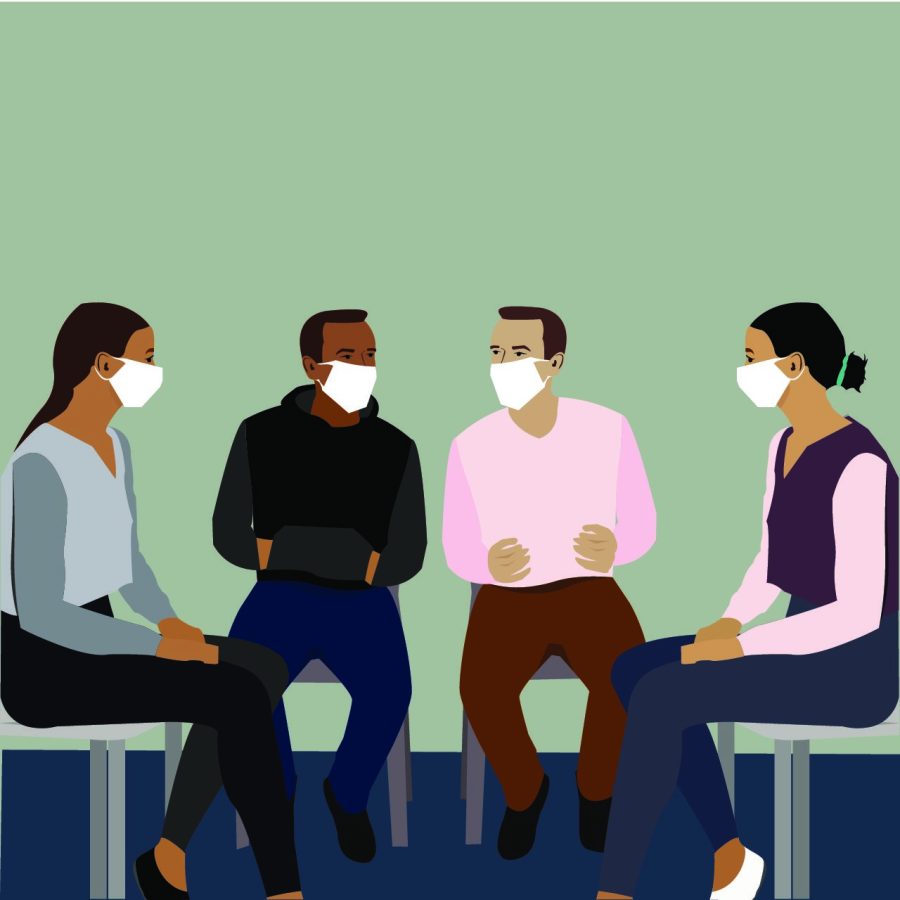Editorial—Recovering our social lives in this post-crisis stage pandemic
March 25, 2022
Two years ago this month, COVID brought the world to a halt. We lived through months of quarantine and we continued our studies despite the state of the world around us. It’s hard to think how detrimental the past two years have been for our socialization. Although many of us are regaining some form of social life or building one from scratch, those years of isolation impacted all of us.
After 2 years, we are in the late stage of the COVID-19 Pandemic. With the war in Ukraine, rising gas costs, the rising cost of living due to inflation, not to mention the normal stresses of being a student near the closing weeks of the semester, we have been through a lot these past months. But many of us are using this time to grow back the social muscle that atrophied from months of isolation. This process has been put into high gear by the receding COVID restrictions and the removal of mask requirements in residence halls and other locations on campus.
Now we know that we can’t take anything for granted. During the initial stages of quarantine, we learned to only look out for ourselves and our inner circle of friends and family. At this point in time, we can now see each other’s faces, and we’ve certainly gained a new perspective on social interaction, and it will be interesting to see the impact of the last two years.
Our generation experienced this pandemic in our formative years. The negative experience we’ve had during COVID-19 will stay with us forever. Many of us have learned a lot about ourselves during this time, and perhaps even become closer to our loved ones. These developments add a new depth and significance to our new friendships and our previously impossible social gatherings. Perhaps the friends you’ve grown with during COVID are your closest connections now.
It adds an urgency to our connections as well, because we each know that any day we could return to square one in this pandemic. There is a tug of war between our desire to throw away restraints and fully engage with our social selves, and an opposing desire to continue practicing caution in social situations and protect others from COVID. At this stage of the pandemic, there is a level of uncertainty.
Our experience with the pandemic also imbued us with a knowledge of our strength as people. It pushed us out of our comfort zones and demonstrated what we are capable of tolerating in our lives. That aids social interaction because we are more able to connect with the down-to-earth reality of others’ experiences.
Additionally, many of us have increased our comfort with virtual forms of connection and communication. Although there are drawbacks to this as well, in some cases this can result in closer relationships with people who are located far away from us. Many of us got more in touch with the global community of internet users, with just the screen between us and our friends.
In any case, many of us are finding that we’re regaining our social skills, our forgotten norms of interaction are returning and our smiles are visible. In some cases, the past two years leaves us feeling out-of-sync and awkward, but normalcy is returning gradually.


























